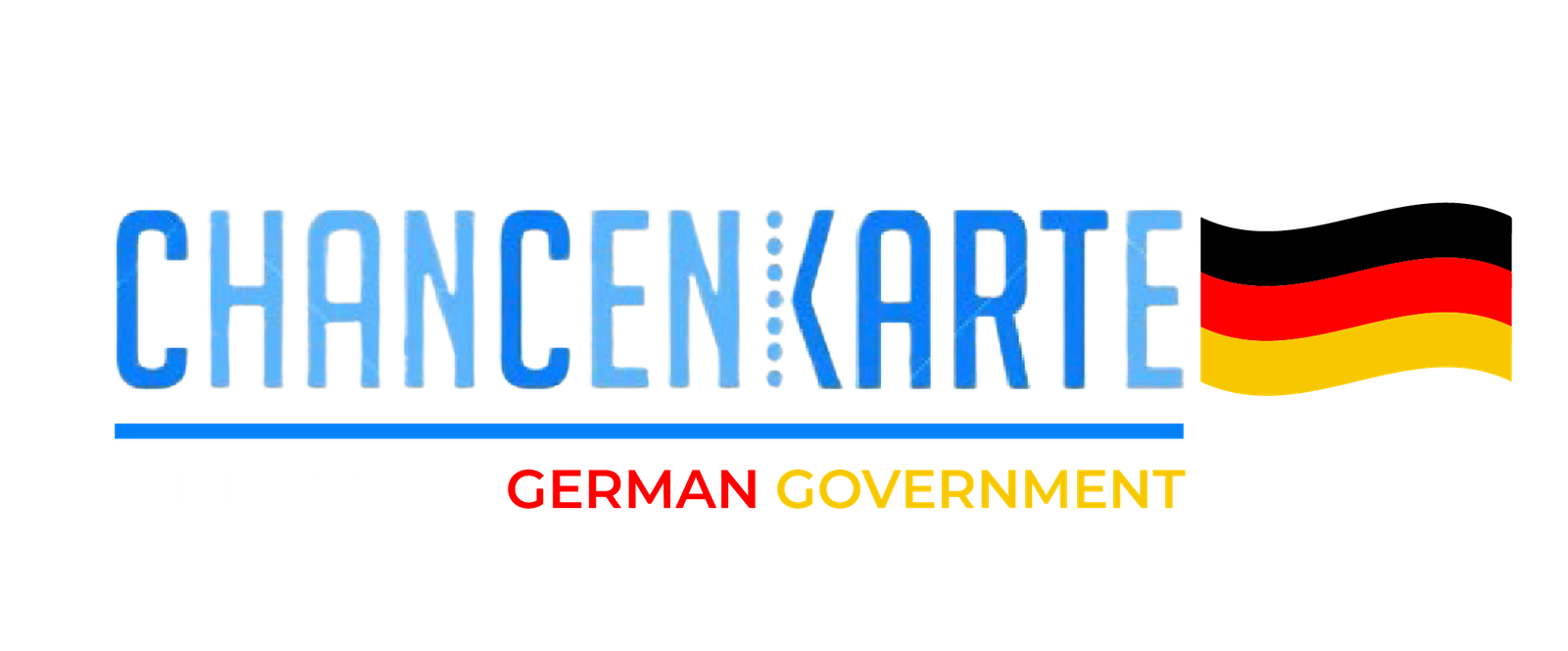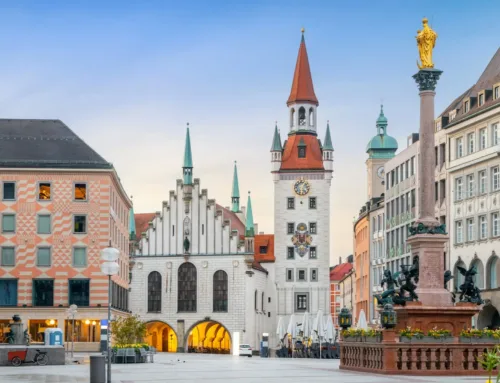Significant Changes to Immigration Laws in Germany: What You Must Know
Immigration Laws in Germany, known for its robust economy, world-class educational system, and high quality of life, has become a highly sought-after destination for expats and immigrants. Recent reforms to Germany’s immigration laws reflect the country’s demographic shifts, labor market demands, and political landscape. Understanding these changes is crucial for anyone looking to navigate the immigration process and settle in the country.
Germany’s Skilled Immigration Act (Fachkräfteeinwanderungsgesetz)
One of the most impactful changes in Germany’s immigration landscape is the Skilled Immigration Act (Fachkräfteeinwanderungsgesetz), introduced in March 2020. This act was designed to attract skilled workers from non-EU countries to meet the increasing demand for qualified professionals in industries such as healthcare, IT, engineering, and construction.
Immigration Laws in Germany
Key Changes under the Skilled Immigration Act:
- Vocational Training Focus: The immigration system now includes skilled workers with vocational qualifications, expanding the opportunities for non-university graduates to seek work in Germany.
- Job-Seeker Visas: Skilled workers without prior job offers can now apply for a visa to search for employment in Germany for up to six months. During this period, applicants must prove they have sufficient funds to support themselves.
- Streamlined Recognition of Qualifications: Foreign qualifications are now recognized more easily and quickly, facilitating faster processing of work permits for immigrants.

Animal Welfare Laws in Germany
Further Reading:
To explore more about how the Skilled Immigration Act can benefit expats, check out this detailed guide on German immigration law reforms for skilled workers.
Changes to the EU Blue Card Scheme
Germany has been a strong advocate of the EU Blue Card, a residence permit aimed at highly qualified non-EU workers. Recent reforms to the Blue Card scheme are part of a broader effort to attract skilled professionals and address labor shortages in critical sectors.
Recent Adjustments to the EU Blue Card:
- Lower Salary Thresholds: As of 2023, the minimum salary requirement to qualify for a Blue Card has been lowered for professionals in high-demand sectors, including STEM (Science, Technology, Engineering, and Mathematics).
- Faster Route to Permanent Residency: Blue Card holders can now apply for permanent residency after just 33 months, or after 21 months if they demonstrate proficiency in German (B1 level).
For those interested in exploring more, you can find valuable information about the EU Blue Card benefits here.
Entrepreneurship and Start-up Visas
Germany’s thriving entrepreneurial ecosystem, especially in cities like Berlin and Munich, offers numerous opportunities for start-ups. The Entrepreneur Visa (Selbstständigen-Visa) allows non-EU nationals to establish businesses in Germany, provided they contribute positively to the country’s economy.
Simplified Requirements for Entrepreneurs:
- Innovative Sectors: Entrepreneurs in high-growth sectors like technology and green energy have an easier path to obtaining visas.
- German Start-up Visa: This program offers fast-track options for foreign entrepreneurs, fostering innovation in the German market.
Germany has established itself as a hub for start-ups, and for those looking to launch innovative businesses, more details on the Entrepreneur Visa process can be found here.
Immigration Pathways for Students and Graduates
Germany ranks among the top destinations for international students due to its affordable education system and high academic standards. Several reforms have been made to ensure international students can seamlessly transition into the workforce after completing their studies.
Key Pathways for Students:
- Extended Job-Seeking Period: International students now have 18 months (up from 12 months) after graduation to find employment in Germany.
- Work During Studies: Students can work up to 120 full days or 240 half days annually, giving them the flexibility to support themselves while studying.
- Permanent Residency: Graduates who find employment in their field can apply for permanent residency after two years.
The pathway from student to permanent resident in Germany is relatively straightforward, making it one of the best options for those looking to build a long-term career in Europe.
Family Reunification and Integration Programs
Germany recognizes the importance of family unity and has simplified its family reunification processes for foreign nationals living in the country. Additionally, the government has implemented various measures to help immigrants integrate smoothly into German society.
Family Reunification Options:
- Spouses and Children: Foreign nationals with legal residence can apply to bring their spouse and children under the age of 18 to Germany. Language requirements have been relaxed for certain applicants, including highly skilled workers.
- Integration Programs: Germany offers language courses and integration programs to help newcomers adapt. Subsidized programs and flexible learning options have been created to ensure that immigrants can smoothly integrate into the country.
If you’re seeking guidance on family reunification, check out this detailed guide to better understand the process.
Asylum and Refugee Laws
Germany has remained a key player in accepting asylum seekers, especially following the 2015 refugee crisis. However, reforms have been made to strike a balance between humanitarian commitments and national security.
Changes to Asylum Policies:
- Faster Processing: Asylum applications are now processed faster, though rejected applicants face stricter deportation policies.
- Integration Support: Refugees granted asylum can access a range of services such as language courses, vocational training, and financial assistance.
Germany has also implemented temporary protection measures for displaced persons from war-torn countries, offering an expedited process to live and work in the country without undergoing the full asylum process.

Permanent Residency and Citizenship Reforms
Germany has simplified the application process for permanent residency and citizenship for immigrants, making it easier to integrate fully into the country.
Key Reforms:
- Faster Citizenship: Germany’s parliament is currently exploring reducing the residency requirement for citizenship from eight years to five, with further reductions for individuals with strong German language skills.
- Dual Citizenship: New reforms are likely to ease restrictions on dual citizenship, allowing more immigrants to retain their original nationality while becoming German citizens.
If you are considering applying for German citizenship, this resource provides a detailed overview of the process.
Conclusion
Germany’s immigration laws are constantly evolving to meet its demographic, economic, and political needs. The country has made significant strides to attract skilled workers, students, and entrepreneurs, while also maintaining its humanitarian values. Whether you’re seeking employment, starting a business, or bringing your family, understanding these reforms can help you take full advantage of the opportunities Germany offers.
For more insights into navigating the German immigration system, you can visit Chancenkarte.info, an essential resource for all prospective immigrants.



